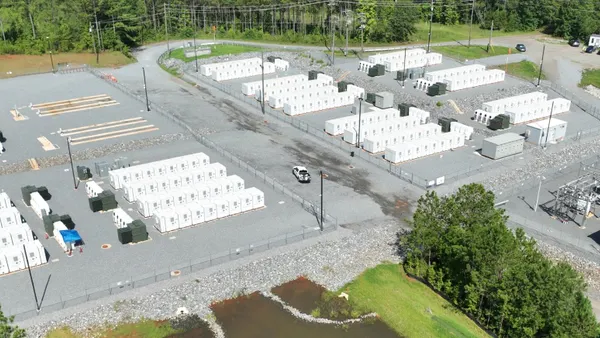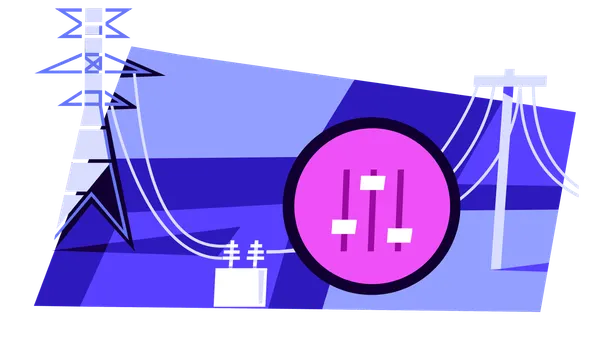Dive Brief:
- Connecticut’s Public Utilities Regulatory Authority last week rolled out updates to the state’s Energy Storage Solutions incentive program, which regulators say will increase the adoption of energy storage by residential customers.
- Under the revamped program, residential customers can get as much as $16,000 in upfront incentives — up from the previous maximum of $7,500 — while low-income customers’ upfront incentives were raised from $400/kWh to $600/kWh. Customers in underserved communities, meanwhile, now have access to upfront incentives of $450/kWh, up from the previous $300/kWh.
- Connecticut is aiming to deploy 1 GW of energy storage by the end of 2030, as per legislation signed by Gov. Ned Lamont, D, in 2021. The bill — SB 952 — also laid out interim targets, including deploying 300 MW of storage by the end of 2024 and 650 MW by the end of 2027.
Dive Insight:
The state’s Energy Storage Solutions initiative was launched in 2022 in response to SB 952, and is aimed at helping Eversource and United Illuminating’s residential, commercial and industrial customers deploy more behind-the-meter energy storage resources. The program runs through Dec. 31, 2030.
At the time of its launch, the program provided residential customers with around $200/kWh incentives on average, up to $7,500 for a project. Eversource has received and approved about 30 commercial and industrial battery applications, totaling 69 MW, since the program launched in 2022, Amy Findlay, manager of demand response management at Eversource, said in an email.
“Most of those batteries are still in development, and one has completed construction. Since there are many steps to advance a large C&I battery from the conception or application stages to fully operational, we don’t expect that many more will come online before the end [of] this year, so it’s still too early to fully realize any impact on the ground at this point,” she added.
On the residential front, there have been 200 projects completed, totaling 1.6 MW, she said.
With the new, expanded incentives, combined with the Federal Investment Tax Credit program — under which solar and battery storage systems can receive a 30% tax credit — customers can receive even more support to deploy these systems, Connecticut regulators say.
Regulators approved other changes to the storage incentive program. For instance, multi-family affordable housing properties can now access the program’s low-income incentive rate, which regulators hope will enable property owners to provide battery back-up power for renters. They are also keeping an eye on the potential problem of solar panel and battery waste, noting in their decision that while it is not yet a prevalent issue in the state, a solution will be needed sooner rather than later.
The higher incentives may increase residential program enrollments, Findlay said. But other program changes being considered — including making the application and enrollment process less burdensome — are likely to have a more significant impact on customer participation in the program, she added.
However, there are still key challenges facing the growth of energy storage in the state. On the residential side, for instance, Eversource hasn’t seen numbers that reflect strong customer demand yet, Findlay said.
“Without [time-of-use] rates and with a resilient and reliable electric grid, many customers may not see the value in investing in a battery that could cost tens of thousands of dollars. While there are always early adopters in new and innovative technologies, they don’t make up the majority of customers,” she added.
On the commercial and industrial side, meanwhile, the program’s incentives are incredibly generous, she said — “but they remain costly projects when considering supply chain constraints which can delay implementation.”















